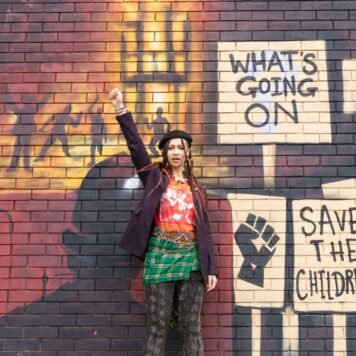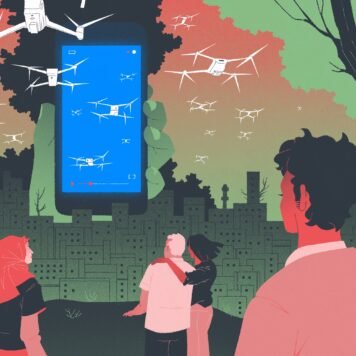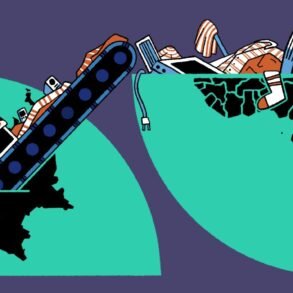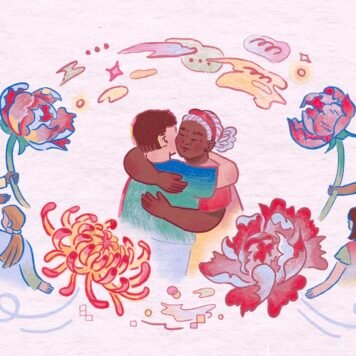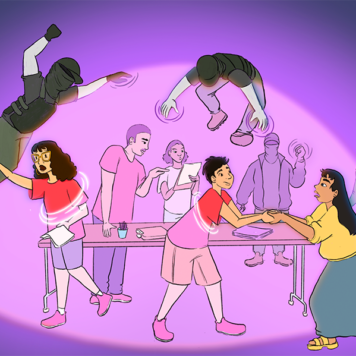When I first started out as an advocate for sexual and reproductive health and rights (SRHR) eight years ago, I had no idea how passionate I would become about the issue. Initially, it was a little baffling to unpack the issue of abortion. Growing up in a religious society, there were pre-conceived notions of abortion as ‘sinful’. In spite of this, a fire ignited within me: why shouldn’t people have the choice to abort a pregnancy? I began to embark on my own pro-choice journey.
I realised years later than this journey would end up being a very long one, paved with societal hesitation and stigma surrounding abortion. Currently, abortion in Bhutan is only legal when the abortion is a result of rape, incest, to preserve the woman’s mental health, or to save her life. Attitudes towards abortion in Bhutan have a complex history, tied up with prevailing religious ideals from Christianity, Buddhism and Hinduism – not to mention colonial beliefs inherited from the British colonisation of India next door. While the British regime never colonised Bhutan, their patriarchal ideas managed to successfully invade the country nonetheless.
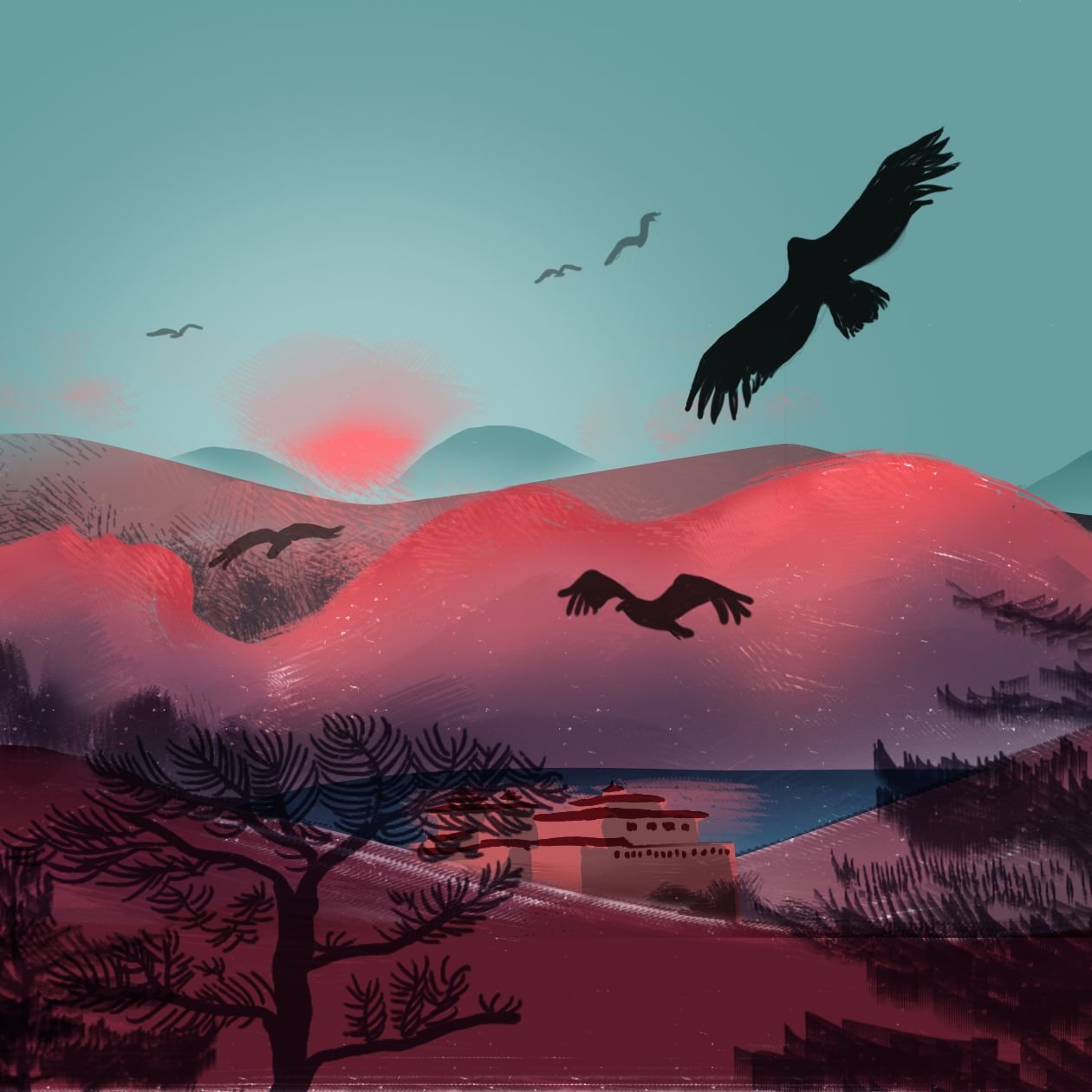
I’ve encountered religious-based stigma against abortion many times. One of many episodes I experienced occurred while I was leading a national youth network on SRHR in Bhutan. During the meet, I was discouraged by a senior government official from sharing abortion-related posts on the network’s social media as it was deemed inappropriate. The official made it very clear to me that I was expected to keep my beliefs to myself. I felt awful, and it was extremely disappointing learning the extent to which SRHR was being censored in Bhutan.
Yet despite prevailing anti-SRHR views, we have started to see the dawn of the pro-choice movement in Bhutan. Online advocacy and activism in recent years has grown, especially in this last year as COVID-19 has left many people unable to access abortion pills due to the closure of Bhutan’s borders. Previously people were only able to access abortion pills by crossing the border into India.
The voices calling for safe abortion have been gaining traction on social media. This has been partially enabled by people mobilising through fake accounts, allowing them to amplify their voices and access information in a new way. One notable space providing critical information and education is the Instagram account Abortion in Bhutan.
There has also been a huge increase this year in the number of people directly approaching me who have been seeking help on how to get an abortion. In two cases, the individuals were on the verge of taking their own lives. I have learnt that the lucky ones have been able to get help under the table from unknown sources.
The increase in coverage of the issue in mainstream media serves as evidence for the growth of the movement. This is especially prevalent amongst young people, four of whom have authored pro-choice perspectives in mainstream newspapers and platforms in 2020. This a massive increase from the mere three times that the issue was covered in the entirety of the last decade. This shift is even more extreme when taken into consideration that these earlier pieces provided only statistical information, rather than commenting on the complex dynamics surrounding the issue.
This issue has also galvanised greater support amongst young people, especially young women who identify with abortion rights as part of a wider feminist movement. This is due to a rising awareness of the importance of pregnant people’s agency.
Young people have come to the rescue of safe abortion rights accounts when trolls and pro-lifers have attacked content and the work of pro-choice advocates on social media. While I do not want to claim that the online solidarity is yet enough to create a giant wave that will smoothly carry the movement ahead, it does exist, and is slowly growing.
In 2019, I was interviewed by the only national broadcast channel for a documentary on reproductive health of people in Bhutan. I grabbed this rare opportunity to speak on the need to gain recognition of abortion as a human right at national level. I felt it was of utmost importance to debunk the widely believed misconception that abortion is illegal in all cases in Bhutan. It was also important for me to try and provide wider education and information around what rights and services do exist. I wanted to dispel the myths around the total effectiveness of contraceptives like condoms and emergency contraceptive pills.
Bhutan may be a religious country but it is also a progressive one that puts the happiness of its people first, well guarded by the development philosophy of Gross National Happiness (GNH). Happiness is subjective, but recognising that some can derive happiness from exercising their sexual and reproductive rights such as safe abortion rights is what I envision of a GNH country. With advancement in cultural and traditional beliefs, there will come a point in time when our society will realise that abortion doesn’t need to be a point of contestation. It can be as simple as this – unsafe abortions kill lives and safe abortions save lives.
With the recent decriminalisation of homosexuality in the country, I am hopeful that Bhutan is heading in the right direction and will welcome constructive dialogues on abortion soon. The beginning of the decade saw some conversation on abortion but, I am hoping it will gain momentum, particularly with support of young people who have not only initiated the pro choice movement in Bhutan, but who will also take it forward.
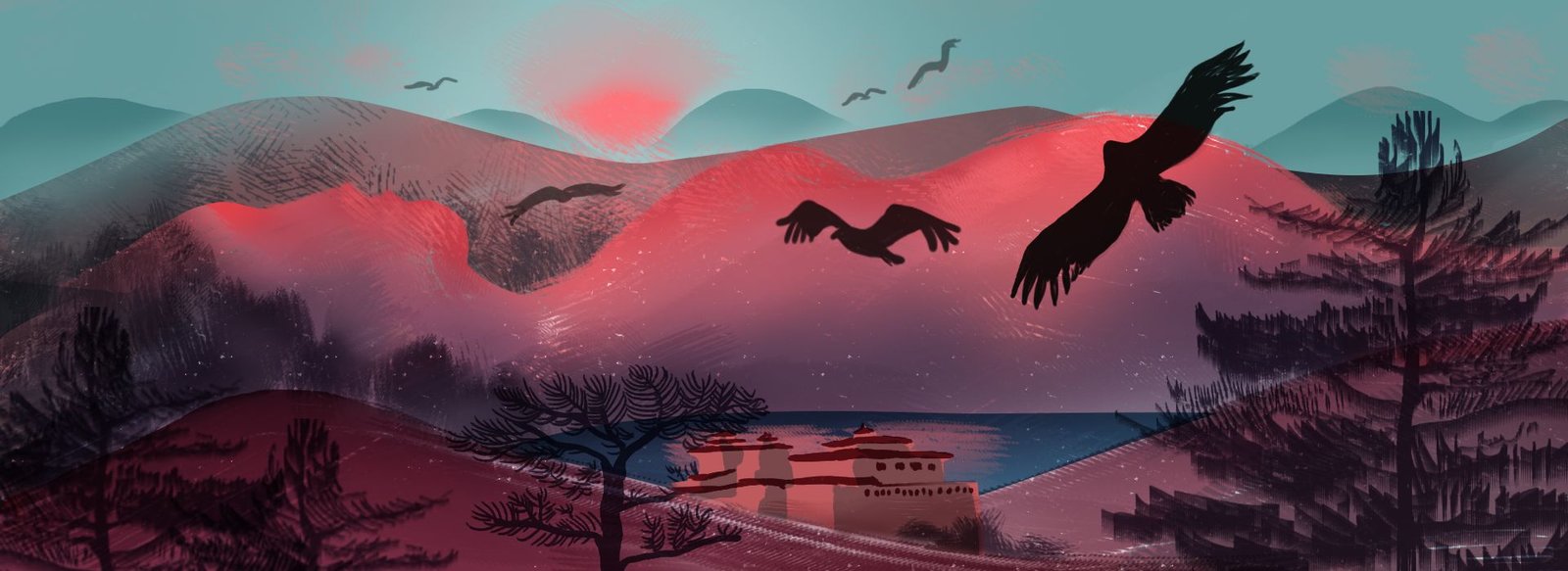
See more of Yuzhen’s work on instagram



